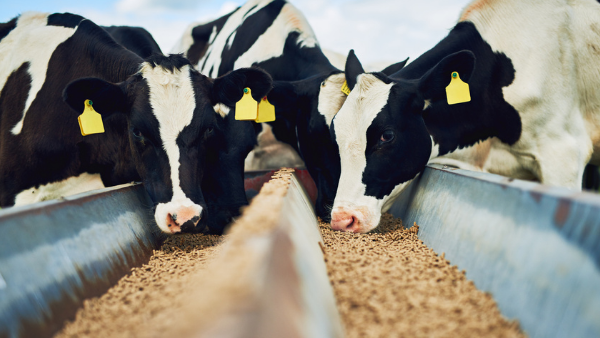Michelmores’ Agricultural Team is pleased to announce that they have contributed to the UK’s first Report on the future of insect protein in pig, poultry and aquaculture feed, ‘The Future of Feed: a WWF roadmap to accelerating insect protein in UK feeds‘, produced by WWF and Tesco. The Report was launched Thursday 1st July during a virtual panel discussion where leading Michelmores’ Agricultural Lawyer, Ben Sharples, discussed the existing legislation and urgent need for the UK government to introduce new regulations for this important sector.
The Report highlights the huge potential for insect farming in helping to tackle the climate and environmental crisis, and considers how using insect meal to feed fish and livestock could cut the UK’s future soy footprint by a fifth protecting critical landscapes like the Brazilian Cerrado. The research, commissioned by WWF-UK in partnership with Tesco, highlights the huge potential for insect farming in helping to tackle the climate and nature crisis.
Michelmores has provided guidance and support on the environmental legislation, regulations, and recommendations that are laid out in the Roadmap. Existing legislation is placing a stranglehold on insect farming, restricting what materials insects can be reared from and preventing insect meal from being used in livestock feed. New EU legislation is being drafted to allow the use of insect meal in pig and poultry feed and this needs to become law in the UK along with the ability to use a broadened range of feedstocks to feed farmed insects.
Commenting on the Report, Michelmores Agricultural partner, Rachel O’Connor, who led the Michelmores team inputting on the report’s legislative components, said:
“Legislation plays a central role in shaping the commercialisation of food production. It is essential that regulation continues to protect human and animal health, but without unnecessarily inhibiting development of the UK insect sector. Unlike other livestock production processes, the regulations governing animal feed bite at two feed chain stages for insect protein: firstly, what may be fed to insects; and secondly, in determining which farmed animals insects may be fed to. This report highlights the need to update legislation to take into account the emerging role of insects in the feed market.”
Ben Sharples, Partner at Michelmores & Head of the Agriculture Team said:
“The work we have undertaken with WWF and Tesco is highly important as it outlines the importance for legislation to evolve with new agricultural practices and environmental sustainability. The current legislative restrictions in place around feedstock substrates that can be used to rear insects, and the sales and uses of the by-products that result from insect farming, are preventing many opportunities that ultimately can contribute to minimising environmental impact”
Michelmores has several Legal Teams that advise on sustainable issues including natural capital, impact investing, environmental law, sustainable agriculture, and energy. The Agriculture Team is the national specialist in agricultural law and a trusted advisor ranked as a top tier firm by independent legal guides, the Legal 500 and Chambers and Partners.


